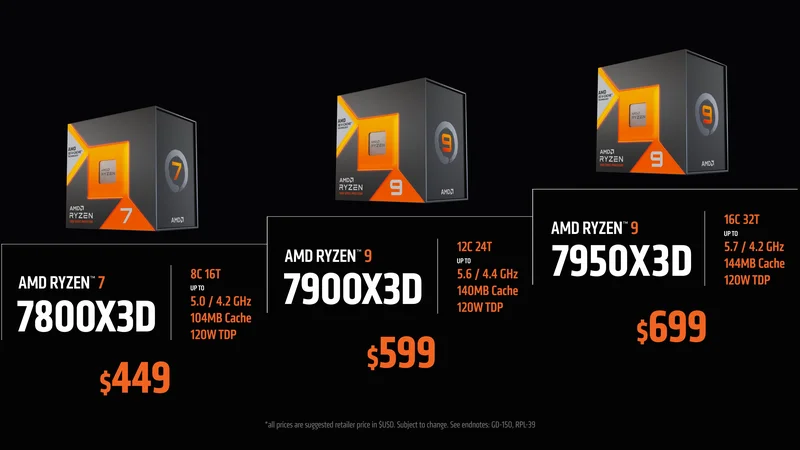China's move to mandate domestically produced AI chips for state-funded data centers is a bold play, no doubt. The directive, impacting giants like Nvidia, AMD, and Intel, throws a wrench into the global AI hardware market. But is it a strategic masterstroke, or an expensive exercise in technological nationalism? Let's dissect the numbers.
The immediate impact is clear: foreign chipmakers face a shrinking market share in China. Nvidia's H20 chips, previously permitted for sale, are now in the crosshairs, along with the higher-performance B200 and H200 already barred by U.S. export controls. This isn't just about lost revenue; it's about access to a market that has attracted over $100 billion in state funding since 2021. Projects under 30% completion face forced chip swaps or outright cancellation, with advanced projects facing individual scrutiny.
This directive isn't happening in a vacuum. Beijing has long chafed at U.S. export controls, viewing them as a deliberate attempt to stifle its technological ambitions. The ban on Micron's products in critical infrastructure last year was a shot across the bow. The U.S. government, for its part, argues that these restrictions are necessary to prevent the Chinese military from leveraging advanced chips. It’s a classic security vs. economic growth standoff, and both sides are digging in.
The question is, can China's domestic chip industry truly fill the void? While China has showcased data centers powered by homegrown AI chips, the real-world performance and scalability of these solutions remain to be seen. The directive forces a rapid shift to domestic alternatives, potentially sacrificing performance and efficiency in the short term.

Jensen Huang, Nvidia's CEO, has consistently warned Washington about the dangers of restricting chip exports to China, arguing that it undermines America's influence in the AI race. He has a point. Denying China access to cutting-edge chips doesn't eliminate their ambition; it merely compels them to develop their own alternatives. And this is the part of the report that I find genuinely puzzling. Does the US really think that China won't just build their own technology, with or without US chips?
Let’s not forget the historical context. The US memory chipmaker exited the Chinese server chip market, news agency Reuters reported previously. That's not a good sign for US chipmakers. Indeed, China makes it clear; we do not want Nvidia, Intel, AMD; and Donald Trump cannot help - The Times of India.
The elephant in the room is the actual performance of these domestic AI chips. Can they truly compete with Nvidia's or AMD's offerings in demanding AI workloads? The answer is, at this stage, unclear. Details on the specific capabilities and benchmarks of these chips remain scarce. We're talking about a potential performance discrepancy of, say, 20-30% (if we're being generous) in the initial phases.
Then there's the cost factor. Developing and manufacturing cutting-edge AI chips is an expensive undertaking. The $100 billion in state funding is a significant investment, but it remains to be seen if it will be sufficient to create a truly competitive domestic ecosystem. The directive could lead to higher costs for Chinese companies, potentially impacting their competitiveness in the global AI market.
This mandate feels less like a calculated step towards technological independence and more like a reactive measure driven by geopolitical tensions. While reducing reliance on foreign technology is a laudable goal, forcing a premature shift to potentially inferior domestic solutions carries significant risks. The numbers just don't add up to a clear win for China. This move could stifle innovation, increase costs, and ultimately hinder China's progress in the global AI race.